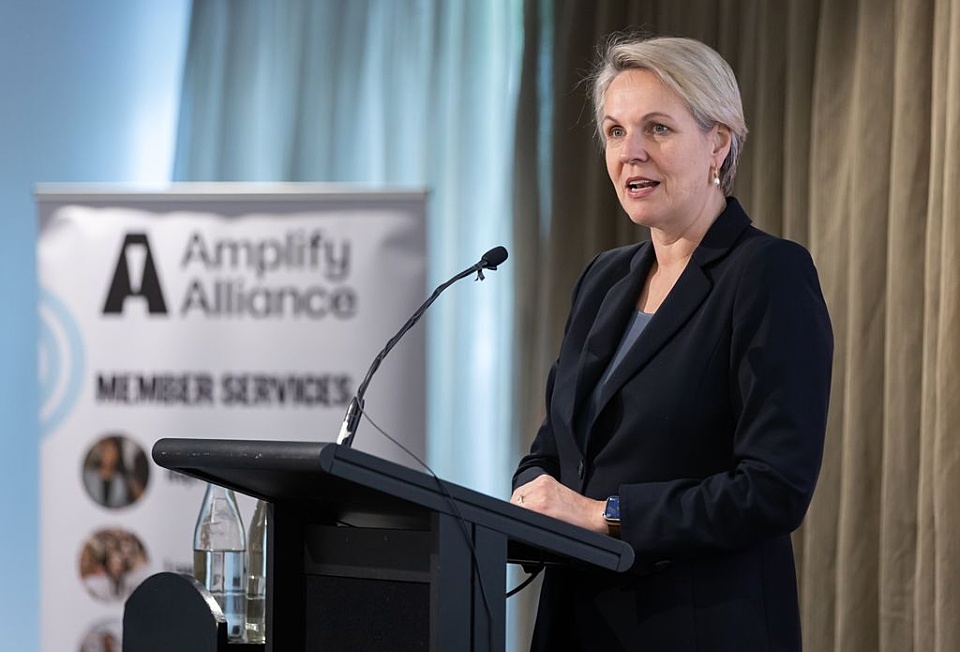
Feds flag human services grants shakeup
Posted on 15 Dec 2025
The federal government is trialling longer-term contracts for not-for-profits that deliver…
Posted on 27 Nov 2024
By Matthew Schulz, journalist, SmartyGrants
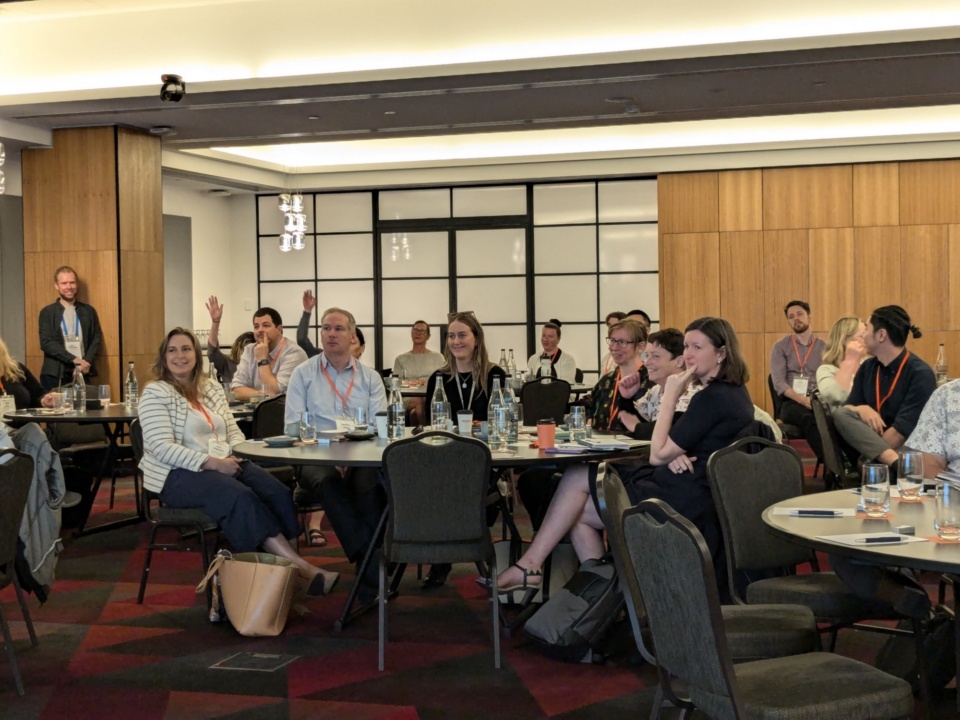
Tasmania’s leading grantmakers have gathered to raise the standards of the profession at the latest “muster” for professionals, hosted by SmartyGrants.
The intensive all-day event at the RACV Hotel in Hobart this month drew dozens of the southern state’s best grantmaking professionals. The free Tasmanian gathering was the latest of several in-person musters hosted this year in several Australian states and in Wellington, New Zealand. Scottish grantmakers held the first of several gatherings planned for the UK, as SmartyGrants expands its presence there.
SmartyGrants chief impact officer Jen Riley, one of several SmartyGrants staff in attendance, said the Hobart gathering had attracted government and departmental leaders from several important departments.
These included representatives from State Growth, Active Tasmania, Jobs Tasmania, the Premier’s office, Natural Resources and Environment, Education, and Heritage Tasmania. Other attendees represented large local councils, foundations, industry bodies and the Tasmanian Institute of Sport.
As at the other musters this year, grantmakers were keen to discuss the “standardisation” trend, which is especially evident in government agencies.
Standardised processes are being widely adopted to increase efficiency, transparency and fairness in grantmaking, with tools to support that approach now embedded in the SmartyGrants system.
A roundtable discussion explored how standardisation was advancing in the organisations represented, some of the big challenges and benefits, and tips for those about to begin working with standardised processes.
State Growth’s acting manager of grant services, Adrian Gordon, summed up the views of many participants by describing the rollout of standardisation as a “continuous journey”.

“Start with the end in mind, consider grantee benefits, use standardisation as a lens for full program reviews, have a central champion to drive the work forward, and document not just the decisions but the why behind them.”
Riley said the Tasmanian experience of standardisation reflected that of grantmakers across the nation, but it was clear there was much more scope to standardise timeframes and risk management processes, and to document standardisation procedures.
Riley said that grantmakers using standardisation had noticed they could now respond faster, scale programs more efficiently, and find more time for “high value” work. But practitioners were also being held back in the transition by staff and leadership turnover, the “unique requirements” of certain programs, and finding time to plan the changes.
That’s not to say that standardisation is possible in all instances.
“Many grants are ad hoc, such as election commitments or response grants, rather than part of ongoing granting programs,” Riley said. “Standardisation is particularly challenging to roll out for those programs.”
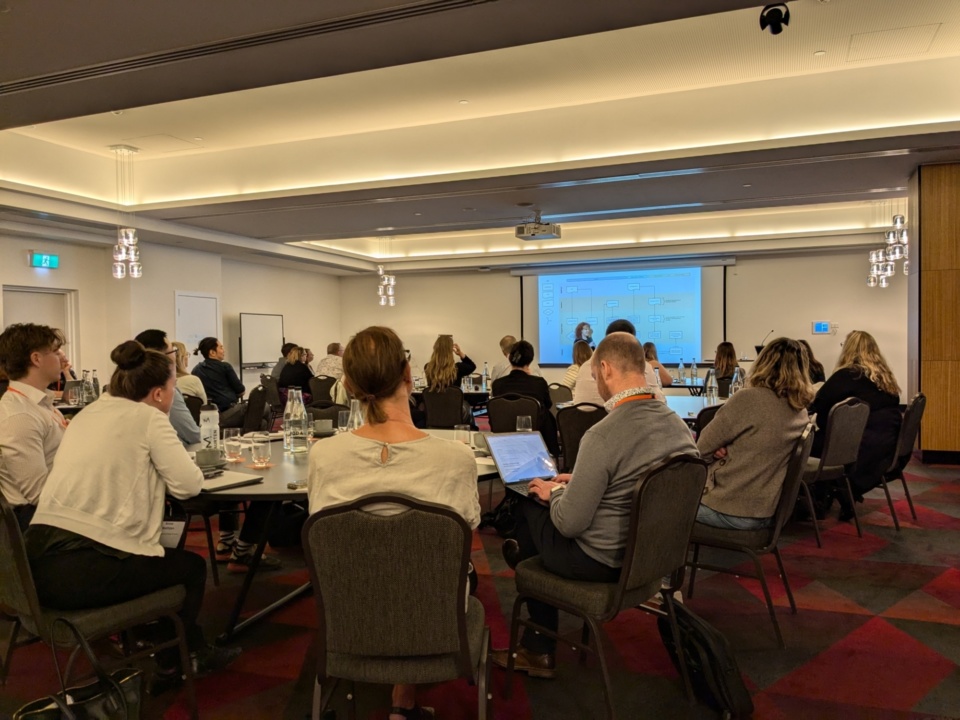
She said the roundtables helped distil the best advice, which she summed up as “Start with the end in mind, consider grantee benefits, use standardisation as a lens for full program reviews, have a central champion to drive the work forward, and document not just the decisions but the why behind them.”
Riley also gave attendees a tour of the capabilities of the SmartyGrants Outcomes Engine, which is now free to all users.
Other SmartyGrants staff who led discussions included managed services lead Alex McMillan, who hosted the roundtable discussions and a session on best-practice standardisation, and training team leader Simon Di Berardino, who showcased tools on the SmartyGrants platform.
It is understood that SmartyGrants is considering new ways of getting grantmakers together in the coming year, with alerts to be sent to users and newsletter readers early next year.

Posted on 15 Dec 2025
The federal government is trialling longer-term contracts for not-for-profits that deliver…

Posted on 15 Dec 2025
A Queensland audit has made a string of critical findings about the handling of grants in a $330…

Posted on 15 Dec 2025
The federal government’s recent reforms to the Commonwealth procurement rules (CPRs) mark a pivotal…

Posted on 15 Dec 2025
With billions of dollars at stake – including vast sums being allocated by governments –grantmakers…
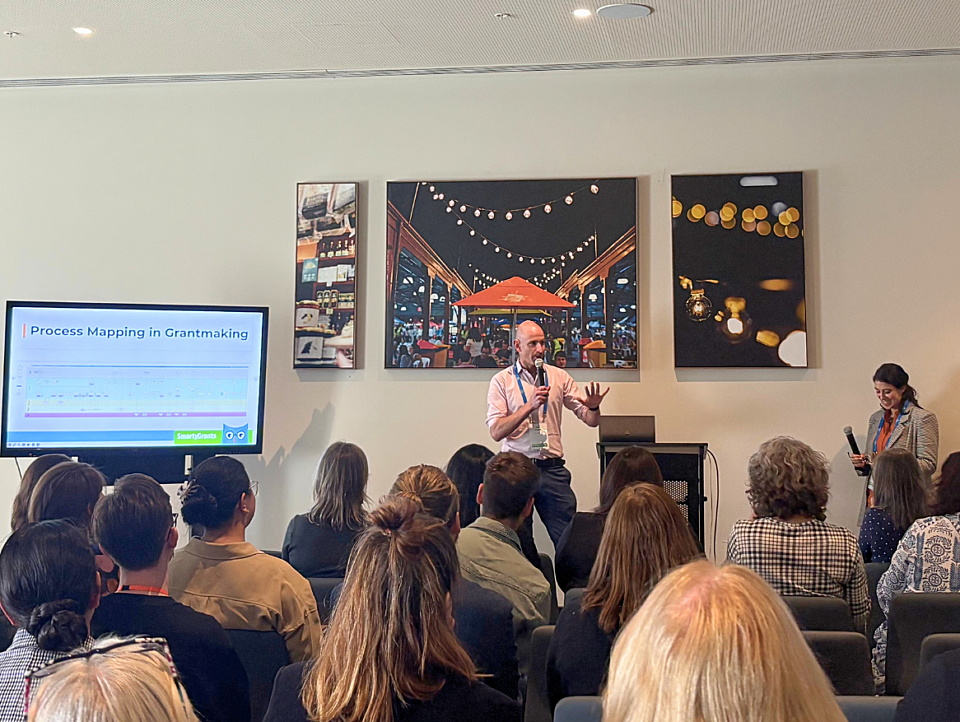
Posted on 15 Dec 2025
Nearly 100 grantmakers converged on Melbourne recently to address the big issues facing the…
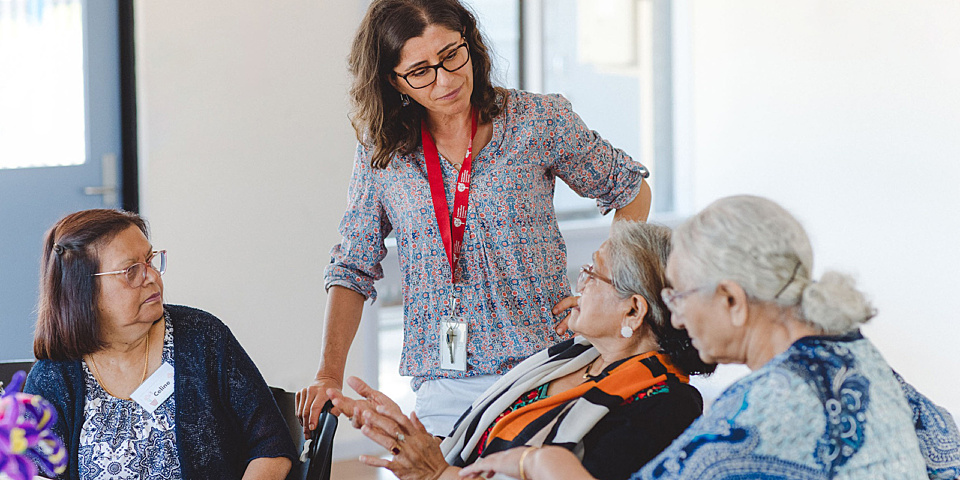
Posted on 10 Dec 2025
Just one-in-four not-for-profits feels financially sustainable, according to a new survey by the…
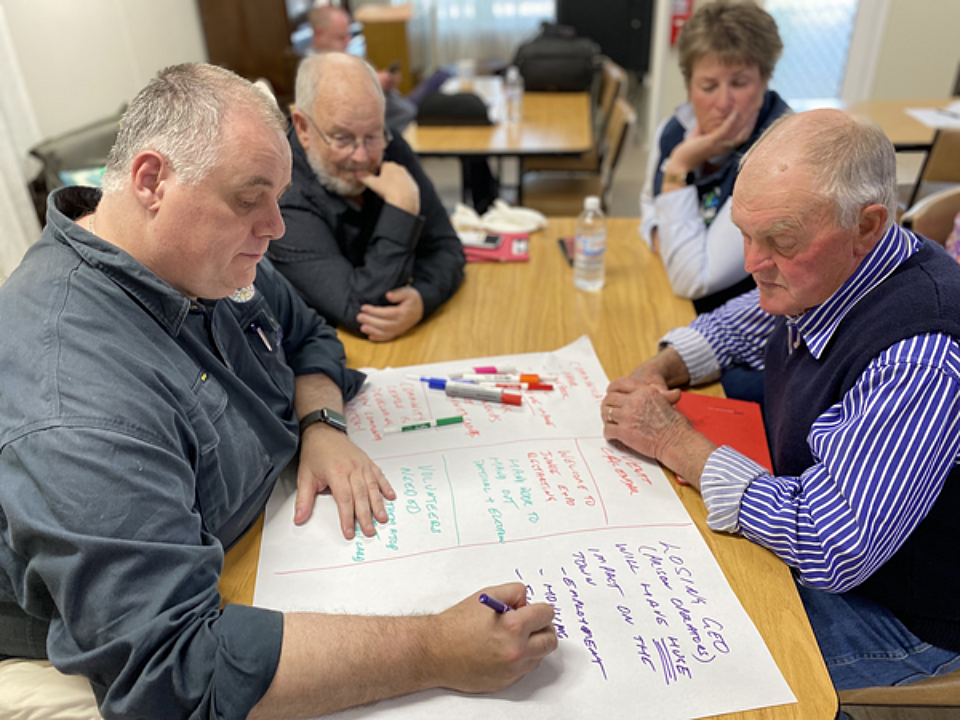
Posted on 10 Dec 2025
The Foundation for Rural & Regional Renewal (FRRR) has released a new free data tool to offer…

Posted on 10 Dec 2025
A major new report says a cohesive, national, all-governments strategy is required to ensure better…

Posted on 08 Dec 2025
A pioneering welfare effort that helps solo mums into self-employment, a First Nations-led impact…

Posted on 24 Nov 2025
The deployment of third-party grant assessors can reduce the risks to funders of corruption,…

Posted on 21 Oct 2025
An artificial intelligence tool to help not-for-profits and charities craft stronger grant…

Posted on 21 Oct 2025
Artificial intelligence (AI) is becoming an essential tool for not-for-profits seeking to win…